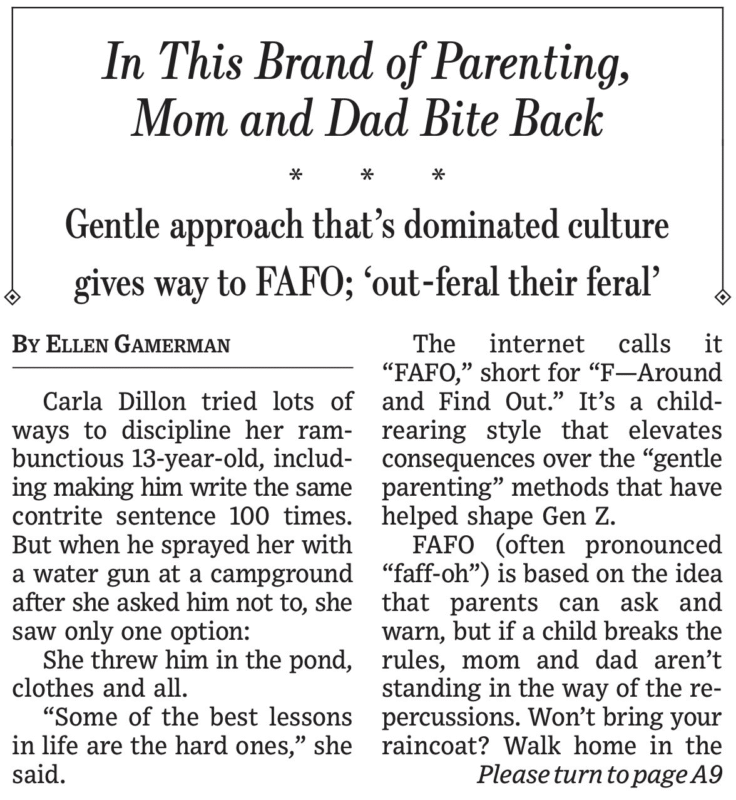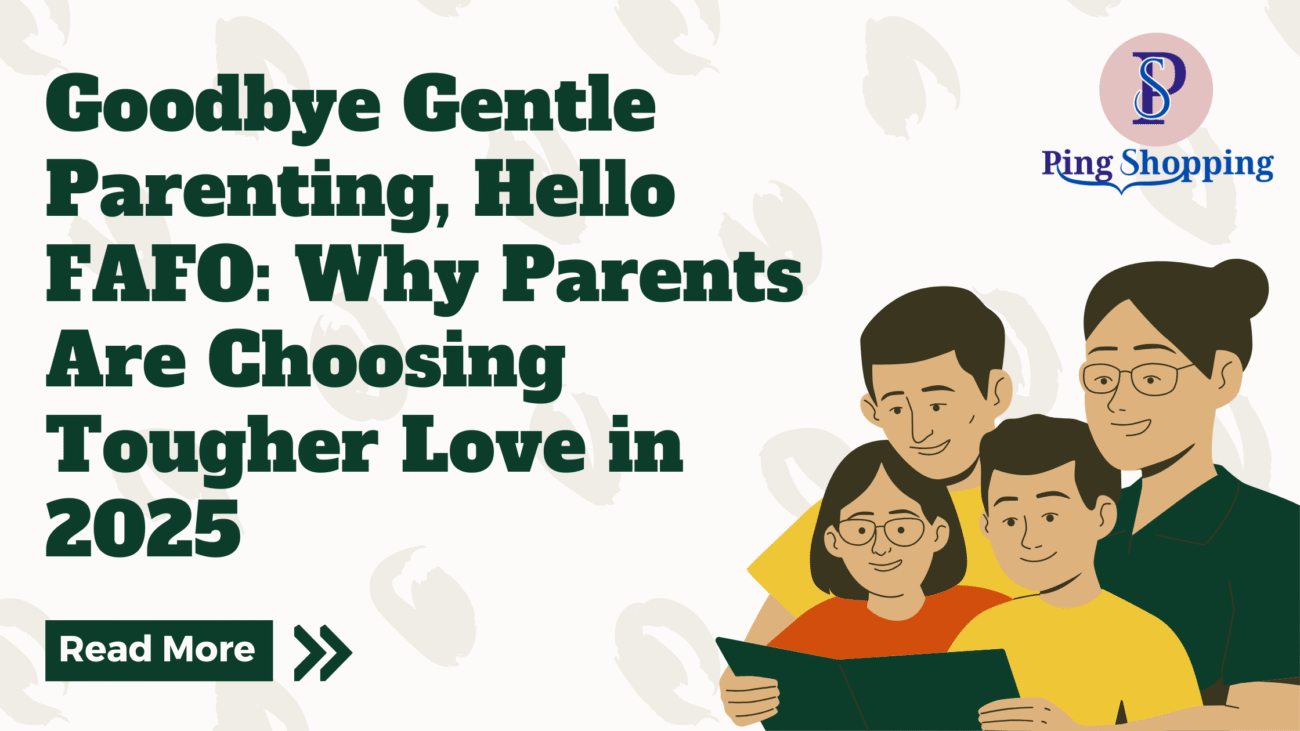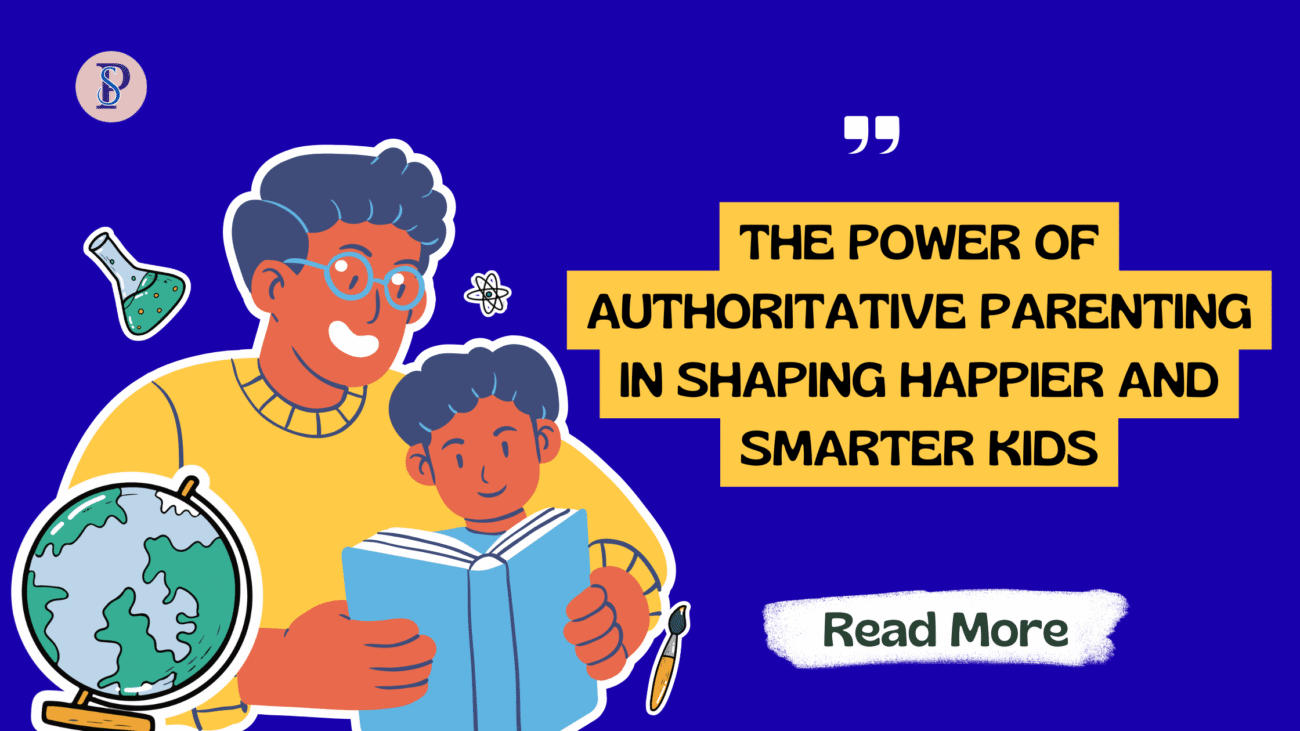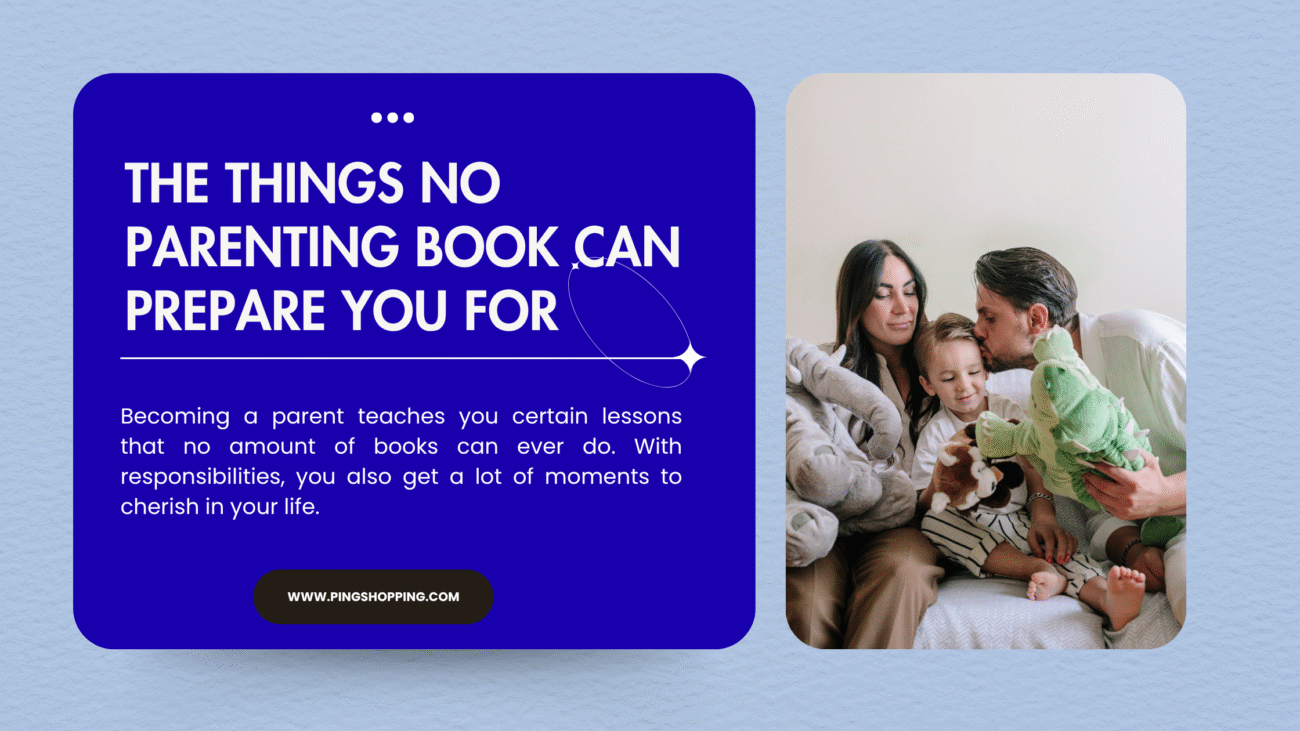In American homes, a new and brash tide is crashing over family life, and it’s loud, unapologetic, and dripping with pond water. Meet the age of FAFO parenting. Spun from the now-viral saying “F*** Around and Find Out,” FAFO is a logical, consequence-driven, and no-strings-attached reaction to the emotionally labor-intensive, soft parent movement that dictated so much of millennial childraising.

From TikTok videos of waterlogged teenagers learning hard truths to viral stories of lasagna-covered toys thrown away, FAFO is not a trend; it’s a revolution. But is this hardline approach merely rogue reactive parenting, or is it a much-needed correction? Let’s unpack.
Table of Contents
What Is FAFO Parenting?
FAFO (faff-oh) is an ideology based on consequential learning: you can warn your children, but if they don’t listen, they learn the hard way. It’s old-school “tough love” wrapped in meme-ready jargon.

Forget reminding them once, twice, and then again to put on their coat. If they don’t, let them freeze. Don’t like the dinner you were served? You’ll get along until breakfast. Spray your mom with a water gun on a camping trip? She may toss you into the pond. That’s what Carla Dillon, a 35-year-old mother of two in Virginia, did to her 13-year-old son. And she doesn’t apologize.
“Some of the best lessons in life are the hard ones,” she said in an interview with The Wall Street Journal. “Perhaps your children wouldn’t appreciate that, but, not to be offensive, my child is stronger than yours.”
Why the Turn Away from Gentle Parenting?
Positive discipline parenting has dominated online parenting communities for over ten years. It’s based on empathy, emotional intelligence, and refraining from punishment in favor of connection and communication. Parents are invited to validate emotions, not yell, and set the example by being calm — even when their toddler is shrieking on the floor in a grocery store.
At its finest, gentle parenting produces emotionally intelligent, self-managed kids. But others say it’s also tiring, patchy, and prone to misuse. Clinical child psychologist Andrea Mata, who offers the “Gentle Parenting Doesn’t Work” webinar, is among many professionals warning the public about it.
“You require a Ph.D. in child development just to do it correctly,” she stated. And if you do it incorrectly? “Your kid walks all over you.”
Evidence confirms some of these grievances. Although gentle parenting is theoretically synonymous with authoritative parenting, in practice, it tends to become permissive — particularly when boundaries are blurry or consequences are dodged altogether.
Parenting Stats That Matter
To get a sense of why FAFO is on the rise, it’s useful to examine some recent studies:
A 2024 UK study that followed more than 6,000 children identified authoritative parenting — warmth combined with boundaries— as associated with higher academic achievement and behavior at age 11. Permissive parenting was linked with lower self-regulation and higher problem behaviors.
According to the CDC in 2023, mental health problems in children are at an all-time high. Complex causes (technology, social media, pandemic disruptions), yet some claim that emotionally permissive parenting without limits can decrease children’s ability to tolerate discomfort and failure.
A recent Gallup survey revealed that 72% of American mothers reported feeling “tired of explaining everything to their kids,” and 64% thought that their parenting had become “too soft.
FAFO in Everyday Life
Let’s be honest: FAFO parenting is not revenge. It’s about natural consequences — allowing children to see the actual real-world ramifications of their behavior.
Take these actual scenarios:
- When Andrea Mata’s 8-year-old son had repeated accidents, she thought it wasn’t medical but was behavioral. She had him spend his allowance to purchase new underpants. Later, they determined there was a medical condition, but she did not pay him back because he had attempted to hide it. It wasn’t perfect parenting, but it was truthful. She apologized, but the punishment stood.
- Comedian Jon Wellington, who has five children, remembers being forced to look his brother in the eye while they were both spanked as children. Now, he’s taken a slightly less harsh approach with his kids. When his daughter wanted to drop color guard, he reminded her that she had committed to it — and made her complete the season
“In the real world, you don’t just walk away from a job or a loan or a marriage because it’s hard,” he said. “You get it done.”
Is This Just Tough Love Rebranded?
Yes and no.
FAFO parenting takes many of its cues from authoritative parenting, the most researched and successful style of parenting across cultures. It focuses on:
- Clear rules
- Consistent consequences
- Emotional support
What sets FAFO apart is tone. It’s louder, more irreverent, and more in-your-face. It’s a reaction not only against gentle parenting, but against what some perceive as an increasingly “soft” culture.
There’s a definite cultural divide, too. Some perceive FAFO as common sense — the return of discipline, grit, and resilience. Others see it as reactionary, on the cusp of being emotionally neglectful.
Becky Kennedy, aka “Dr. Becky,” cautions that misunderstanding children’s emotional needs as weakness is harmful. “There’s a very old idea that feelings equal fragility,” she explains. “But kids don’t need fewer feelings — they need better tools to process them.”
Related informational articles
- What is 3 Parenting Styles and Dimensions Questionnaire (PSDQ)
- Most Cute & Unique Baby Names of the Year: International, Religious & Trendy Picks
- Easy Montessari Activities for 1-year-olds: How to turn your home into a learning space on a budget
- Tamagotchi Parenting: Nurturing Digital Companions in a Modern World
Can FAFO and Gentle Parenting Exist Together?
Absolutely! The healthiest families are most often the ones that don’t have a script to follow — but a flexible template.
- Use gentle parenting when your child is dysregulated and needs connection.
- Use FAFO-style consequences when your child is willfully ignoring clear expectations.
- You’re not choosing between empathy and accountability — you’re choosing both.
Key Takeaways
Whether you lean into FAFO or choose gentle parenting, the aim remains the same: raising functioning adults who can contribute and care. Your chosen style is important, but equally important is your consistency, self-knowledge, and willingness to learn with your children. The actual risk isn’t yelling at your child or babying them for a day. It isn’t learning from your patterns. So, sure, you can toss your kid in the pond and do so with love, and perhaps a towel 😛
Frequently Asked Questions (FAQ)
What does FAFO stand for in parenting?
FAFO stands for “F* Around and Find Out”** (sometimes rendered as Fool Around and Find Out), a phrase adopted into parenting to mean letting children experience the natural consequences of their actions instead of constant intervention.
How is FAFO parenting different from gentle parenting?
Unlike gentle parenting, which emphasizes emotional coaching and negotiation, FAFO focuses more on natural learning through outcomes rather than ongoing discussion or coddling. It is sometimes seen as a reaction to overly permissive or protective styles.
Why are some parents embracing FAFO now?
Many people are turning away from intensive “parenting scripts” and towards practical consequence-based learning. FAFO is gaining traction online as a simple way to teach responsibility and independence through real-world outcomes.
Can FAFO parenting build responsibility in kids?
Proponents say yes — facing consequences can help children understand cause and effect, build accountability, and develop problem-solving skills, especially with parental guidance afterward.
What are examples of FAFO parenting in real life?
Examples include:
✔ Letting a child feel cold for a short time after refusing a jacket
✔ Allowing a child to deal with homework consequences after forgetting it
✔ Letting children use their allowance and feel the effect of running out of money
Parents warn first, then let the consequence occur (within safe limits).
“If you found this article helpful, share it with your circle and follow PingShopping on social media”









